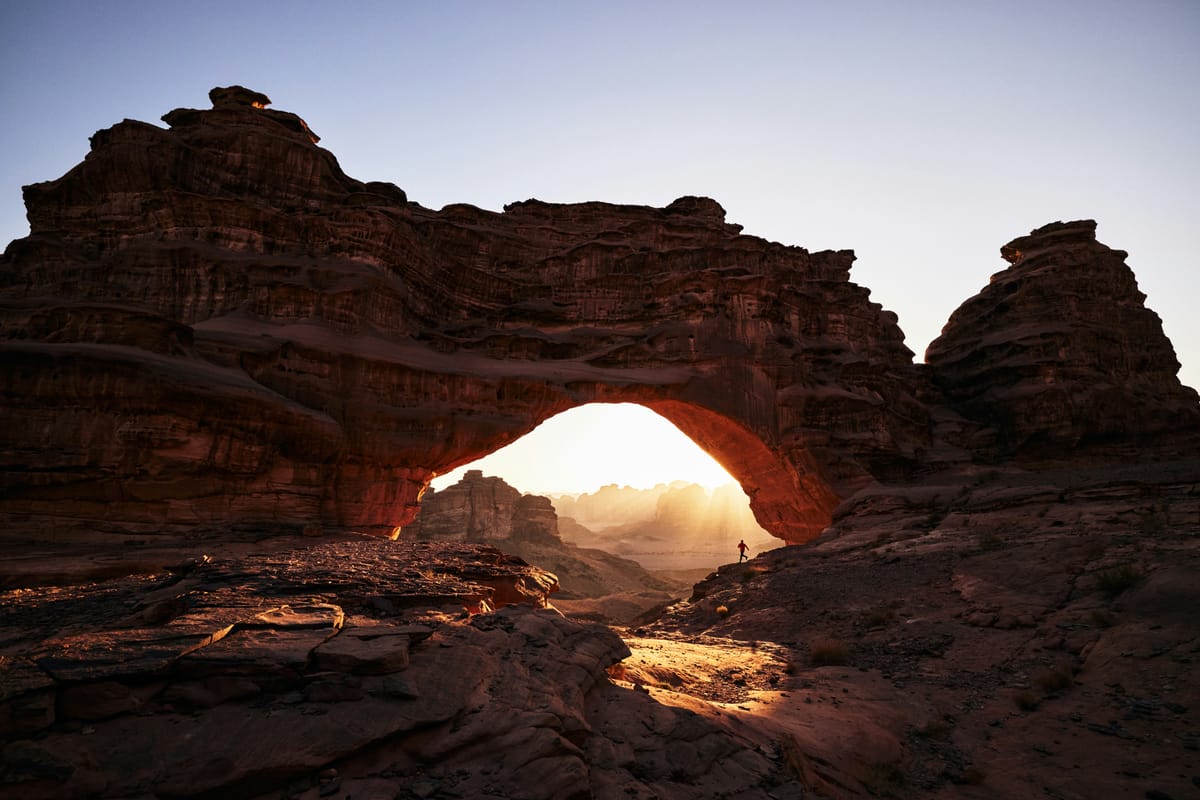The Future of Marketing in Saudi Arabia: Innovation, Culture, and Technology

As Saudi Arabia continues its transformative journey under Vision 2030, the future of marketing in the Kingdom is set to evolve in unprecedented ways. This evolution will be shaped by a confluence of factors, including rapid technological advancements, a burgeoning young population, and a renewed emphasis on cultural identity and sustainability. For businesses and marketers, understanding these emerging trends is crucial to navigating the dynamic landscape of the Saudi market.
1. A Digital-First Future: Embracing Technology
Saudi Arabia’s population is one of the most digitally connected in the world, with high internet penetration and a young, tech-savvy demographic. As such, the future of marketing in the Kingdom will be heavily influenced by digital technology.
- AI and Data-Driven Marketing: Companies like STC (Saudi Telecom Company) are already utilizing AI to enhance customer experiences and target their marketing efforts more effectively. Personalized marketing, powered by AI, will allow businesses to deliver hyper-targeted campaigns that resonate deeply with individual preferences. For instance, Al Rajhi Bank has used AI-driven chatbots to provide personalized banking services, setting a precedent for other industries.
- Augmented Reality (AR) and Virtual Reality (VR): These technologies will play a significant role in creating immersive marketing experiences. The Misk Art Institute has explored AR to showcase art in interactive formats, allowing users to experience Saudi culture in a modern, engaging way. AR and VR will allow brands to engage consumers in ways that were previously unimaginable, particularly in the luxury retail and real estate sectors, where immersive virtual tours can offer customers a unique perspective on products or properties.
- E-commerce and Social Commerce: The rise of e-commerce in Saudi Arabia is unstoppable, with platforms like Noon and Amazon.sa leading the charge. The future will see an even greater integration of e-commerce with social media, leading to the growth of social commerce. Brands like Jarir Bookstore and Centrepoint are leveraging social media platforms to sell directly to consumers, using influencer partnerships and user-generated content to drive sales.
2. The Rise of Cultural Marketing
As Saudi Arabia embraces its cultural heritage while looking towards the future, there is a growing emphasis on marketing that is culturally relevant and resonates with national identity.
- Celebrating Heritage: Marketing campaigns that celebrate Saudi culture, traditions, and values will become increasingly important. Brands like Almarai have successfully integrated cultural elements into their campaigns, such as during Ramadan, to build stronger connections with consumers. Similarly, the Saudi Seasons initiative, which includes festivals like Riyadh Season and Jeddah Season, showcases the Kingdom’s cultural vibrancy and offers marketers a platform to create culturally resonant campaigns.
- Localization: As international brands enter the Saudi market, the importance of localization cannot be overstated. For example, McDonald’s KSA has tailored its menu and marketing campaigns to align with local tastes and customs, ensuring that its global brand resonates with the Saudi audience. Campaigns that are adapted to the local context, rather than simply translated, will resonate more effectively with the Saudi audience.
3. Sustainability and Ethical Marketing
As part of Vision 2030, Saudi Arabia is making significant strides towards sustainability. This focus is driving a shift towards more ethical and environmentally conscious marketing practices.
- Green Marketing: Brands that prioritize sustainability in their operations and marketing will find favor with increasingly eco-conscious consumers. The Red Sea Project is a prime example, where the marketing strategy heavily emphasizes its commitment to sustainability and environmental preservation. Green marketing strategies—emphasizing sustainable sourcing, eco-friendly products, and corporate social responsibility—will become more prevalent as consumers demand more from the brands they support.
- Transparency and Authenticity: In an age where consumers are more informed and skeptical, transparency and authenticity will be key. For instance, Saudi Aramco has invested in campaigns that highlight its efforts in environmental sustainability and corporate responsibility. Brands that are honest about their practices, values, and products will build trust and loyalty. This is especially important in the digital age, where information (and misinformation) spreads rapidly.
4. The Role of Influencers and Content Creators
Influencers and content creators have already established themselves as powerful forces in Saudi marketing, and their influence is set to grow even further.
- Micro-Influencers: While mega-influencers like Model Roz or Hala Abdullah will continue to play a role, there will be a shift towards micro-influencers—those with smaller, more engaged followings. These influencers often have a more authentic connection with their audience, leading to higher engagement rates and more effective marketing outcomes. Brands like Ounass have successfully collaborated with micro-influencers to promote their products in a more personalized and relatable manner.
- Content Diversification: As the digital landscape evolves, so too will the types of content that resonate with Saudi audiences. Video content, particularly short-form video on platforms like TikTok and Instagram Reels, will dominate. Podcasts like Abtalks and live-streaming on platforms like Twitch are also growing in popularity, offering new avenues for brands to engage with consumers.
5. The Future of Retail Marketing: Experiential and Omnichannel
As Saudi Arabia develops its retail infrastructure, particularly with the rise of giga-projects like NEOM and The Red Sea Project, the future of retail marketing will be increasingly experiential and omnichannel.
- Experiential Marketing: Retail environments in Saudi Arabia are shifting from purely transactional spaces to experiential destinations. Malls like Riyadh Boulevard are integrating entertainment, culture, and dining into their offerings, creating immersive experiences that go beyond shopping. Marketing strategies will need to highlight these unique experiences to attract visitors, emphasizing the blend of shopping with leisure activities.
- Omnichannel Integration: The future of retail in Saudi Arabia will be defined by seamless integration between online and offline experiences. Brands like Jarir Bookstore have already begun creating consistent, connected experiences across all channels—whether consumers are shopping online, in-store, or on their mobile devices. This integration will be key to meeting the expectations of modern consumers, who value convenience and flexibility.
Conclusion: A New Era of Marketing in Saudi Arabia
The future of marketing in Saudi Arabia is bright, dynamic, and full of potential. As the Kingdom continues to evolve, so too will the strategies and tools that marketers use to reach and engage with consumers. By embracing technology, celebrating culture, prioritizing sustainability, leveraging influencers, and creating immersive retail experiences, brands can position themselves for success in this rapidly changing market.
For marketers, the key to thriving in this new era will be adaptability, creativity, and a deep understanding of the unique characteristics of the Saudi market. As Saudi Arabia steps into its future, the marketing landscape will be one of the most exciting and innovative arenas to watch.




